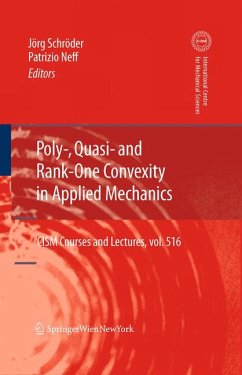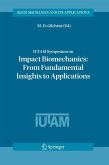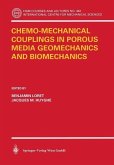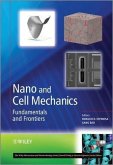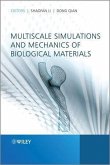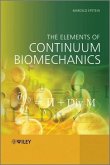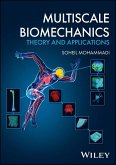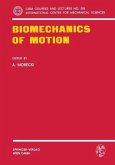Generalized convexity conditions play a major role in many modern mechanical applications. They serve as the basis for existence proofs and allow for the design of advanced algorithms. Moreover, understanding these convexity conditions helps in deriving reliable mechanical models. The book summarizes the well established as well as the newest results in the field of poly-, quasi and rank-one convexity. Special emphasis is put on the construction of anisotropic polyconvex energy functions with applications to biomechanics and thin shells. In addition, phase transitions with interfacial energy and the relaxation of nematic elastomers are discussed.
Dieser Download kann aus rechtlichen Gründen nur mit Rechnungsadresse in A, B, BG, CY, CZ, D, DK, EW, E, FIN, F, GR, HR, H, IRL, I, LT, L, LR, M, NL, PL, P, R, S, SLO, SK ausgeliefert werden.

